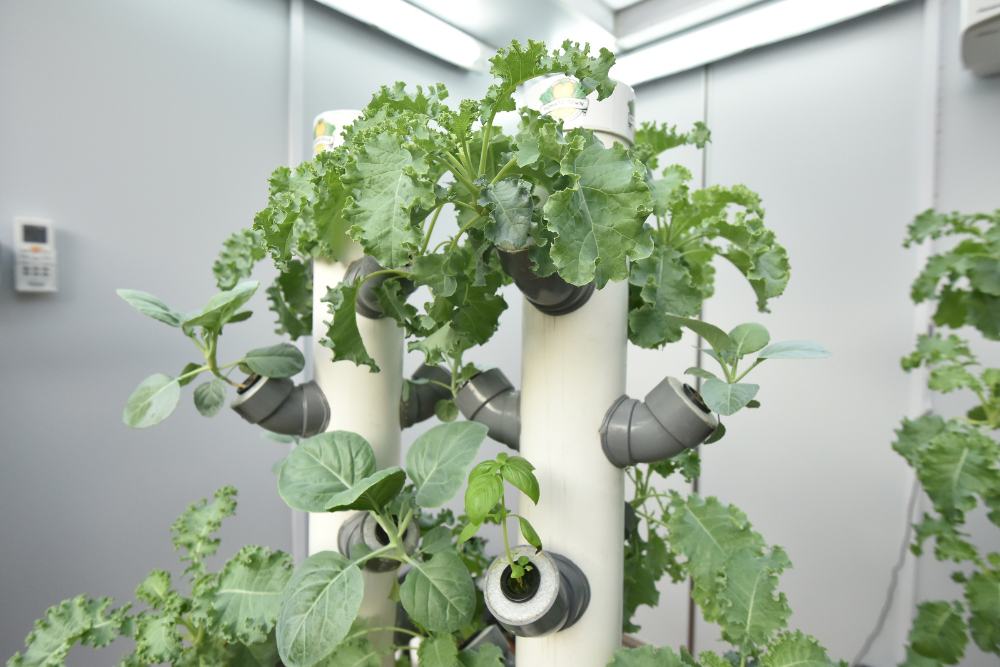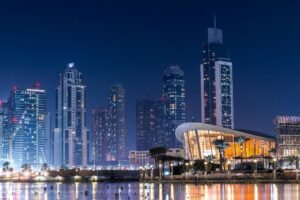Singapore, a city known for its gleaming skyscrapers and modern infrastructure, is also a leader in sustainability and green spaces. While the country is a bustling metropolis, it has seamlessly integrated nature into urban life, creating eco-spaces and urban farms that showcase innovative approaches to sustainable living. If you’re looking for a unique way to experience the city beyond the usual tourist hotspots, exploring these urban farms and eco-spaces will give you a refreshing insight into Singapore’s commitment to environmental preservation and its efforts to make the city more green. Here’s a guide to some of the best urban farms and eco-spaces to visit in Singapore.
1. Sky Greens
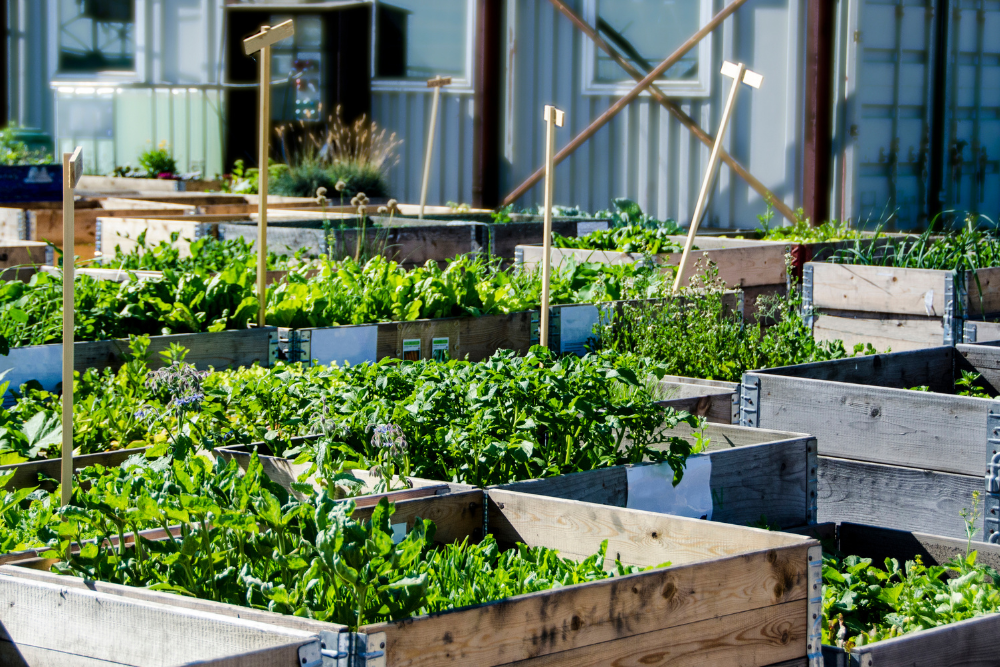
Sky Greens is one of the world’s first low-energy vertical farms, situated in the heart of Singapore. The farm utilizes a unique hydraulic system that allows crops to grow in vertical stacks, reducing land use and water consumption. This eco-space grows a variety of leafy greens like kang kong, spinach, and bok choy—all of which are harvested sustainably.
What to Expect:
- Guided Tours: Take a tour of the vertical farm and learn about the hydroponic techniques used to grow fresh vegetables.
- Sustainability in Action: Learn about how Sky Greens reduces water consumption and waste while producing fresh, local produce for Singapore’s residents.
- Interactive Learning: Visitors can explore the technology behind vertical farming and understand its role in urban sustainability.
Why Visit?
- It’s a great example of Singapore’s innovative approach to sustainable agriculture.
- You can see firsthand how urban farming techniques are helping to meet the country’s food security needs.
- The farm’s close proximity to the city makes it an easily accessible eco-tourism spot.
2. The Kranji Countryside
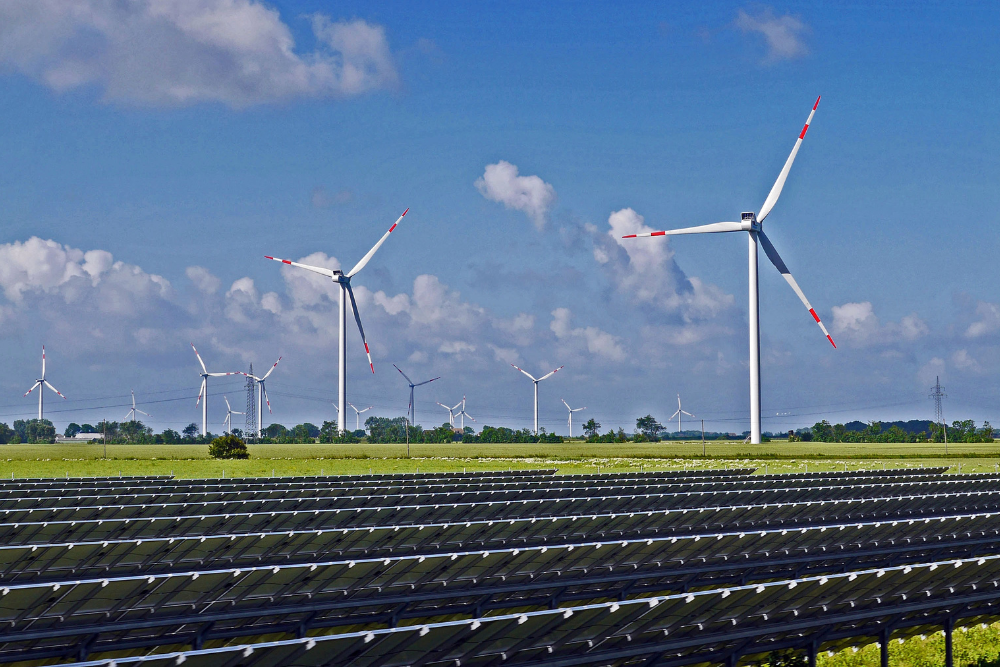
Located on the northern edge of Singapore, the Kranji Countryside offers a scenic and peaceful retreat from the city, combining agriculture with eco-tourism. The area is home to several organic farms, animal sanctuaries, and eco-friendly initiatives. It’s the perfect place to experience Singapore’s rural side while learning about local farming practices.
What to Expect:
- Farm Visits: Explore a variety of farms, including Hai Sia Seafood, which specializes in sustainable aquaculture, and Bollywood Veggies, an organic farm offering workshops on urban farming and edible plants.
- Wildlife and Nature Reserves: The area is also home to the Kranji Marshes, one of the largest freshwater marshes in Singapore, ideal for bird-watching and nature walks.
- Farm-to-Table Experiences: Some farms offer meals made from fresh, local produce, giving visitors a chance to enjoy farm-to-table dining in a serene countryside setting.
Why Visit?
- A wonderful way to disconnect from the city and explore Singapore’s agricultural roots.
- It’s an excellent opportunity to learn about sustainable farming and its role in food security.
- The area is rich in biodiversity, offering great eco-tourism opportunities, including nature reserves and wildlife sanctuaries.
3. ComCrop
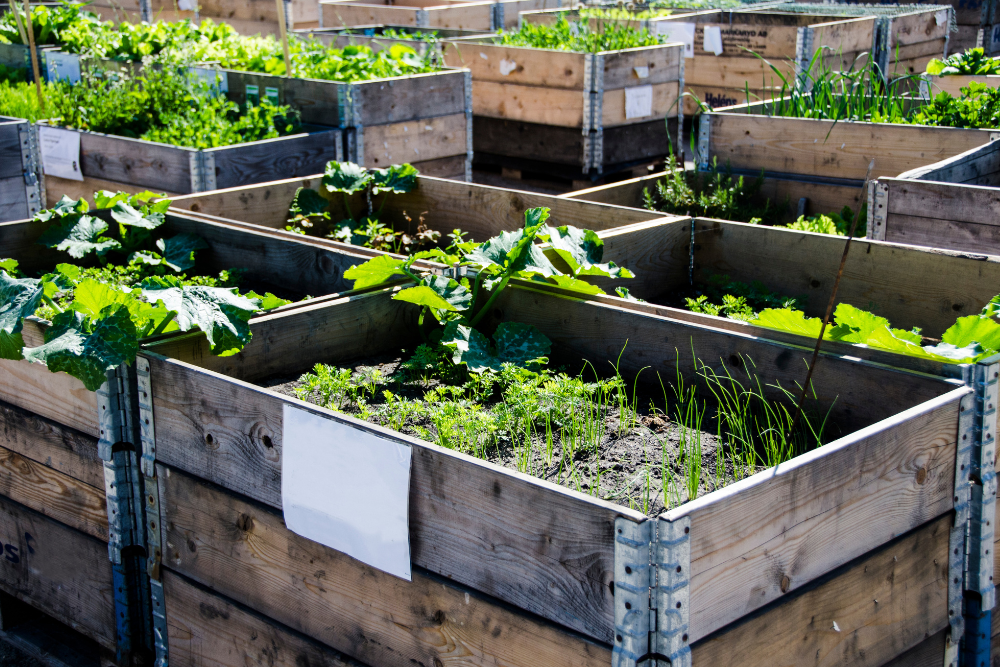
Located on the rooftop of City Square Mall, ComCrop is Singapore’s first rooftop farm. This urban farm uses hydroponic and aquaponic farming techniques to grow a variety of herbs, vegetables, and greens right in the heart of the city. ComCrop’s efforts emphasize reducing food miles (the distance food travels from farm to table) by growing produce locally and sustainably.
What to Expect:
- Farm Tours: Learn about the process of hydroponics and aquaponics, two innovative farming methods that use minimal water and space.
- Harvesting Workshops: Join in the experience of harvesting your own fresh greens and herbs, and even take them home with you.
- Sustainability Talks: Hear about ComCrop’s initiatives to make cities more sustainable through urban agriculture.
Why Visit?
- It’s a great example of how cities can integrate green spaces into their landscapes, promoting sustainable living in an urban environment.
- The rooftop farm is easily accessible and offers a peaceful green escape amidst the busy city.
- ComCrop’s focus on locally grown, organic produce contributes to food security in Singapore.
4. The Singapore Botanic Gardens: The Learning Forest
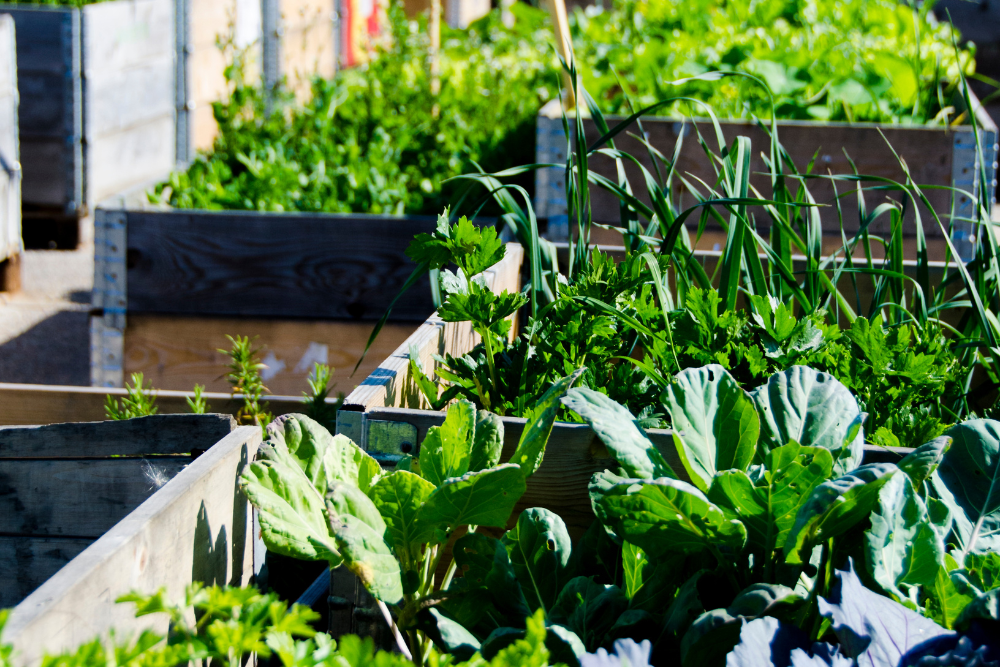
The Singapore Botanic Gardens is a UNESCO World Heritage Site that has been around since 1859. Within this sprawling green space lies the Learning Forest, an innovative eco-space that blends education with nature conservation. The forest is home to native and endangered plant species, as well as interactive exhibits aimed at raising awareness of sustainability.
What to Expect:
- Tree Top Walks: Take a walk through the tree canopy to explore the forest’s rich biodiversity and learn about the importance of conservation.
- Edible Garden: Explore the Edible Garden, where you can see crops that are traditionally grown in Singapore, such as sweet potatoes and cassava, as well as learn about their nutritional benefits.
- Educational Programs: Participate in the Botanic Gardens’ workshops, talks, and events on topics such as sustainable gardening and conservation.
Why Visit?
- A perfect blend of nature, education, and sustainability, the Learning Forest is both a tranquil space and an interactive way to learn about Singapore’s biodiversity and eco-friendly initiatives.
- The Singapore Botanic Gardens is already a must-visit for nature lovers, and the addition of the Learning Forest makes it an even more comprehensive eco-destination.
5. Edible Garden City
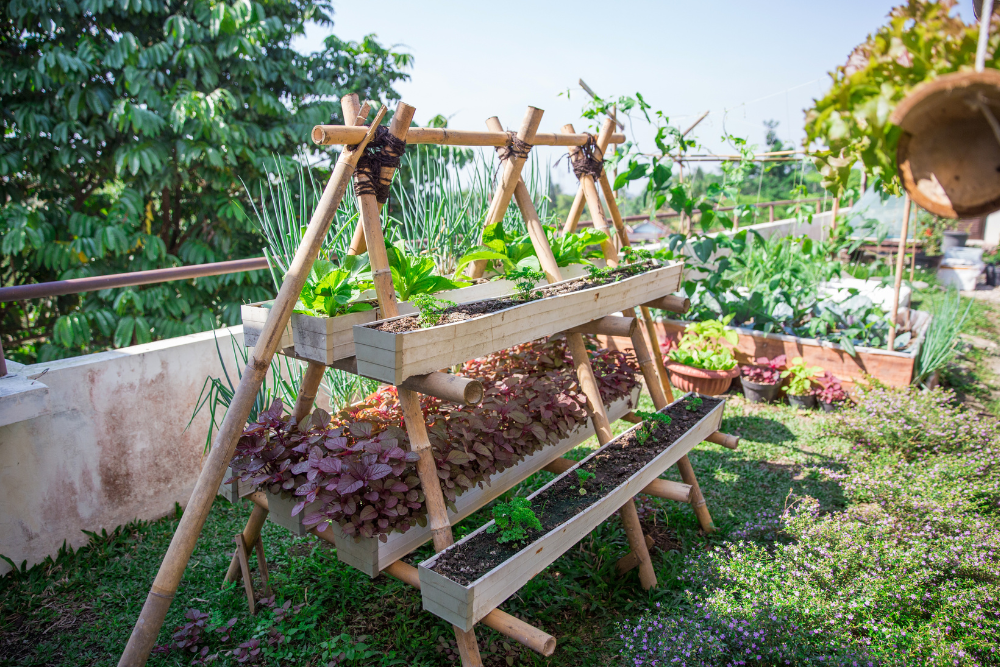
Edible Garden City is a social enterprise that transforms urban spaces in Singapore into productive and sustainable gardens. They focus on growing edible plants like herbs, vegetables, and fruits while educating people about the benefits of growing their own food. They run several community initiatives, including urban farming workshops and edible garden installations in schools, offices, and private homes.
What to Expect:
- Workshops and Courses: Learn how to start your own home or community garden, covering topics like container gardening, organic farming, and sustainable living.
- Farm Visits: Explore the organization’s farms to see how edible plants are grown in the city, including vertical gardens and rooftop farming systems.
- Community Engagement: Participate in initiatives such as planting edible plants in urban spaces and promoting the benefits of local, organic produce.
Why Visit?
- It’s an inspiring place for anyone interested in urban gardening or sustainability.
- Edible Garden City encourages locals and visitors to get involved and make a positive impact on the environment through community gardening.
- The organization’s efforts to integrate food-growing practices into urban living make it a leader in Singapore’s urban agriculture movement.
Conclusion
Singapore is proving that sustainability and urban living don’t have to be mutually exclusive. From high-tech vertical farms to rural countryside escapes, the city offers a variety of eco-spaces where visitors can learn about and engage with the future of sustainable farming. Whether you’re interested in organic food, green architecture, or biodiversity conservation, Singapore’s urban farms and eco-spaces provide plenty of opportunities to explore how innovation and nature can go hand in hand. These experiences are a great way to connect with the city’s eco-friendly initiatives while gaining a deeper understanding of Singapore’s commitment to a greener, more sustainable future.



